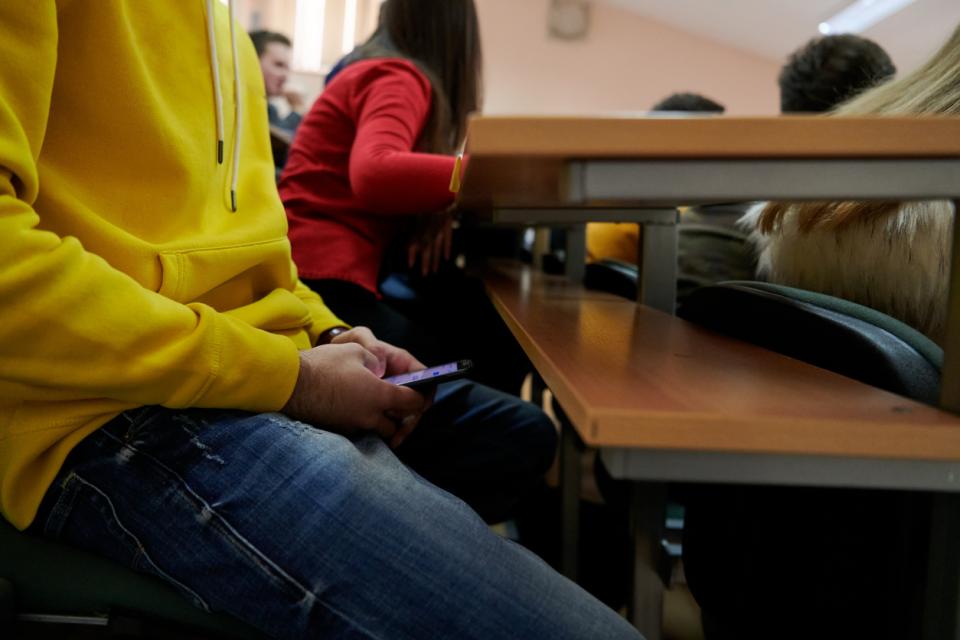ChatGPT, while impressive, has little impact in the context of academic integrity and misconduct. Let us explain. In the past students could hire a ghost writer through widely available and easily accessible essay mills to write an assignment. Now with ChatGPT, they can instruct artificial intelligence (AI) instead of a person, at no cost, with immediate turnaround depending on the output required. Operationally this is not a new risk to academic integrity but rather a technological advancement on an already present risk. Over the past decade, we have developed authentic assessments to mitigate the risk of essay mills and we should further develop and use this knowledge within assessment design to meet the challenges posed by AI.
What matters in assessment design?
Our assessment design recommendations are based on the results of our research that examines more than 1,400 cases of academic misconduct and on 10 years’ combined experience of managing academic integrity. Theoretically, a principled assessment design is not hugely affected by any attempts at plagiarism through a ghost writer or an AI system. We will focus on the following key variables that affect academic integrity:
- the focus of assessment from critical analysis to reflective evaluation
- word count
- group work or individual submission
- use of hypothetical case studies or real-life scenarios.
The impact of these variables alters based on the level of the study (undergrad, postgrad) and the mode of delivery (online, transnational education, campus-based).
A quick how-to guide
Irrespective of the mode or location of delivery, educators need to steer away from assessments that are too generic, thus application to real or fictional scenarios is important, with elements of reflective commentary. Reflection on experience within the module cannot be replicated by remote human or technological intervention. If we are to avoid the extreme of assessing every student in every module by viva or other face-to-face presentation, our findings identify the following as crucial in negating the propensity to engage in academic misconduct.
- ChatGPT as a teaching tool, not a cheating tool
- Original essays written in seconds: how ‘transformers’ will change assessment
- ChatGPT and learning design: what online content creation opportunities does it offer?
Focus of assessment
The focal point of assessments is diagnostic (set at the start to assess prior knowledge), formative (set during the module to monitor progress and feedback), interim (set periodically to evaluate progress) or summative (held at the end to evaluate against established benchmarks). We can add a reflective element to all types of assessment, which must constructively align with the learning and teaching activities. That is, the reflective exercise needs to be consistent what has been taught and learning outcomes of the module. This alignment supports deeper learning and more comprehensive understanding. Students could be asked to make diary-style weekly entries or blog posts that list the activities they are undertaking for the final assessment, the results of those activities and reflections on their impact. Specifically, students could list the journal articles that they want to use in the final assessment, along with a developing narrative on why they think these articles could be useful.
Word count
Low word count reduces academic misconduct in transnational and online delivery modes. While for students on campus the word count has little effect, as our data shows no correlation between word count and 1,400 plagiarism cases for students learning in person. Assessment with low word count motivates international students for whom English is a second language, our study suggests. Where an assessment with a word count of 4,000 is necessary, providing a detailed breakdown of word count per section can help reduce the potential for academic misconduct. You can also use alternatives to traditional coursework, such as asking students to make concept maps, e-portfolios, podcasts, vlogs or presentations. You can design clear grading and feedback rubrics to assess these alternatives.
Group work or individual assessment
Group work provides an interesting learning dynamic, in the context of academic integrity, because it relies on the combined efforts of students rather than an individual contribution, and it brings social forces such as peer pressure to bear on assessments. We experimented with peer grading, in which each student was asked to grade work and give feedback to two other pre-assigned students. The process of reflection and giving feedback was aligned with the teaching and learning outcomes. The marks were then moderated by an academic and this completely eliminated plagiarism.
Peer pressure and group recognition impose powerful psychological forces to motivate students to engage and contribute. Group work for transnational education or for distance learning requires administrative support to set up and run smoothly. Students must be grouped according to time zones and set up with Teams channels or equivalent for effective communication.
Hypothetical case study or real-life scenario
Using a hypothetical case study is a better option, compared with focusing on a real company for assessments. However, creating good hypothetical case studies requires work and they should be revised each year because websites such as Coursehero allow downloads of papers submitted by previous students. We suggest a mixed approach, where a hypothetical element is added to a real-life scenario. For instance, asking students to evaluate the financial health of EasyJet if the interest rate on its debt increases by 4 per cent.
Managing the references
Managing or restricting the use of source material that can be referenced in assessment also helps reduce the potential for plagiarism by specifying where information can be drawn from. Before the exam, you could ask students to provide the source material that they intend to use for assessment as a formative activity. This allows students to share resources with each other and helps improve engagement. You can use journal ranking lists to restrict the use of reference material, for instance: students can be asked to only cite articles from ABS-ranked journals or from books from a preset list of publishers.
Patrick Harte is academic lead for student experience and Fawad Khaleel is academic lead for online learning, both in the Business School at Edinburgh Napier University.
If you found this interesting and want advice and insight from academics and university staff delivered direct to your inbox each week, sign up for the THE Campus newsletter.




comment